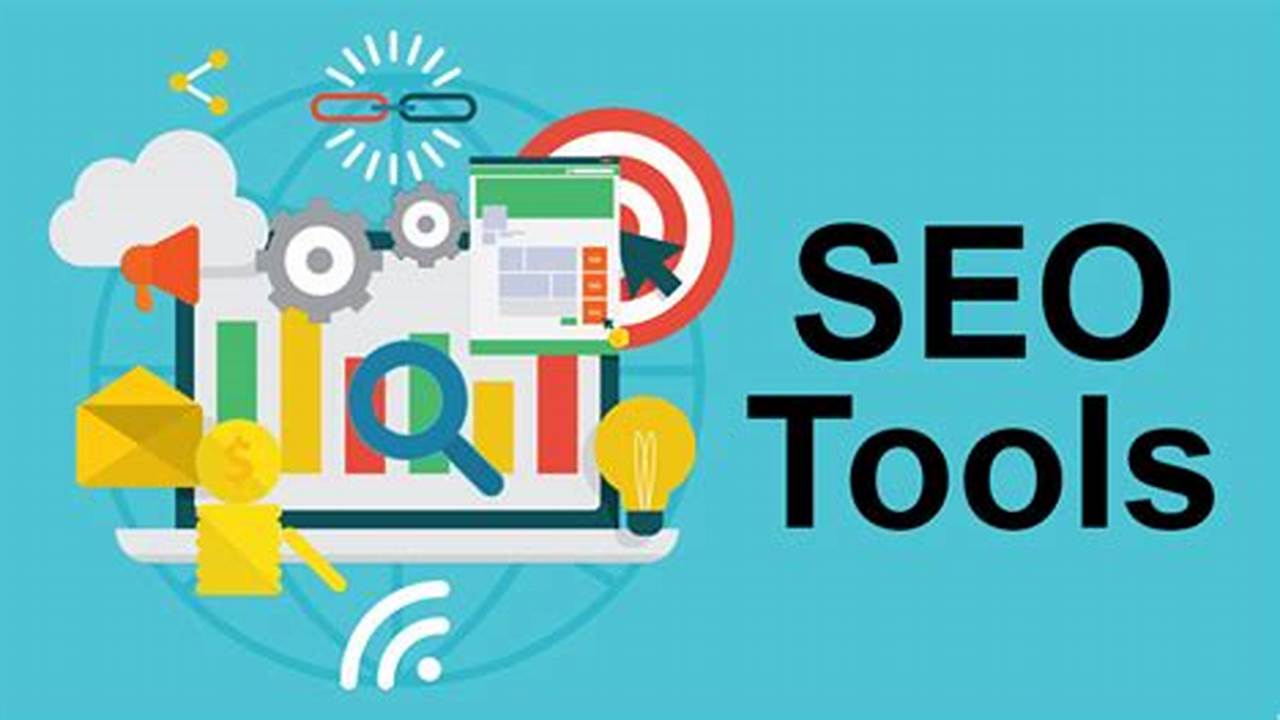Staying ahead in the competitive digital landscape requires leveraging the right tools. Optimizing a website for search engines is crucial for online visibility and attracting organic traffic. Selecting effective tools designed for search engine optimization can significantly impact a website’s performance and contribute to its overall success.
Improved Website Rankings
Effective optimization tools can help improve a website’s search engine rankings, leading to increased visibility.
Enhanced Keyword Research
Understanding which keywords to target is essential. Robust optimization tools provide in-depth keyword research capabilities.
Competitive Analysis
Analyzing competitors’ strategies is key. Specialized tools allow users to gain insights into competitor activities and identify opportunities.
Backlink Analysis and Building
High-quality backlinks are crucial for search engine optimization. Tools can help analyze existing backlink profiles and identify potential link-building opportunities.
Technical SEO Auditing
Identifying and fixing technical SEO issues is essential for website performance. Dedicated tools can automate this process.
Content Optimization
Creating high-quality, optimized content is paramount. Certain tools assist in optimizing content for specific keywords and improving readability.
Rank Tracking
Monitoring keyword rankings is important to track progress. Tools provide real-time data on keyword performance.
Reporting and Analytics
Comprehensive reporting and analytics are essential for measuring success. Optimization tools offer detailed reports on various SEO metrics.
Tips for Selecting Appropriate Tools
Consider specific business needs and goals when choosing tools.
Exploring Free and Paid Options
Both free and paid tools are available, each offering different features and functionalities.
Evaluating User-Friendliness
A user-friendly interface is important for efficient tool utilization.
Seeking Integration Capabilities
Seamless integration with existing marketing tools can streamline workflows.
What are the key factors to consider when choosing these tools?
Key factors include budget, specific SEO needs, technical expertise, and desired features.
How can these tools benefit a small business?
These tools can help small businesses improve their online visibility, attract more customers, and compete with larger businesses.
Are free tools sufficient for effective SEO?
Free tools can be a good starting point, but paid tools often offer more advanced features and capabilities.
How often should one review and update their chosen toolset?
Regularly reviewing and updating the toolset is recommended to stay current with the latest SEO trends and technologies.
What is the relationship between keyword research and tool selection?
Effective keyword research informs the features needed in an SEO tool, ensuring it can support targeted optimization strategies.
How can these tools assist in content marketing strategies?
These tools provide data-driven insights into content performance, keyword relevance, and competitor analysis, allowing for more effective content creation and promotion.
By leveraging the right tools and strategies, businesses can improve their online visibility, attract more qualified traffic, and achieve their marketing goals.

Leave a Reply